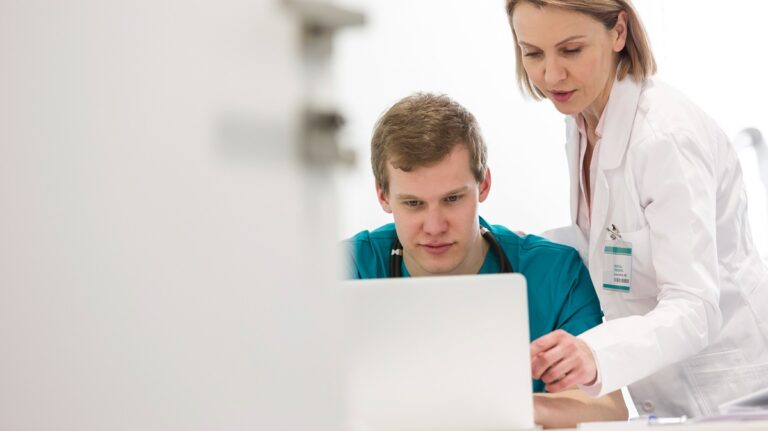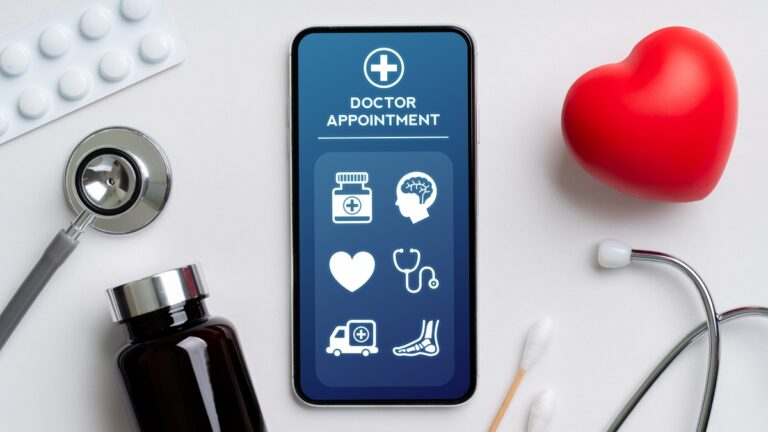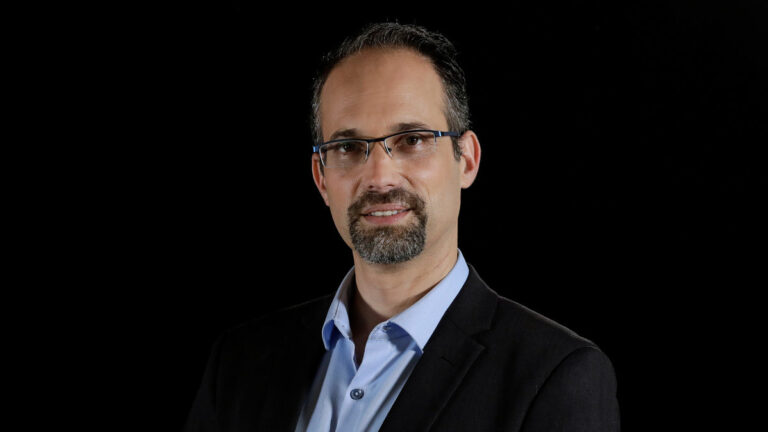The influential cross-party committee of MPs said that a leave vote in the forthcoming EU referendum June 23 will take away host of benefits of being in the EU for UK life sciences and research bodies. The report doesn’t officialy support staying in the EU, but could easily be read this way, writs pmlive
Committee chair Nicola Blackwood states there are clear benefits of staying in the EU for UK life sciences and research bodies, in terms of collaboration and access to an EU market many times bigger than the UK market alone. "If we left, our life sciences sector would still have to follow EU regulations to sell in the single market, but Britain wouldn’t get a say in setting those rules."
The Committee does acknowledge that, if the UK remains in the EU, action is still needed to improve the way the EU works with regards to the science industry.Therefore the committee called for the introduction of an evidence-based regulatory policy, replacing the existing ‘process-based approach’ with a less complex and more streamlined system.
Often Switersland is named as a good example of a country thriving outside of the EU. Blackwood points at Switserland as a cautionary tale. “When the Swiss voted to curtail free movement of people, the EU revoked access science funding and collaboration, undermining the country’s science sector. Following lengthy negotiations Switzerland was permitted re-entry to Horizon 2020 but on much more restrictive terms.”
In a response to the report, chief executive of the BioIndustry Association (BIA) Steve Bates, said: “EU membership brings net benefits to the UK life sciences sector through harmonised regulation, greater patent protection, [and] support for research collaboration.”
Bates underlines the report’s warning of the potential for loss of funding and inward investment in the wake of a leave vote, adding that this could jeopardise the UK’s status as “the world-leading talent the life sciences sector depends upon”.




































